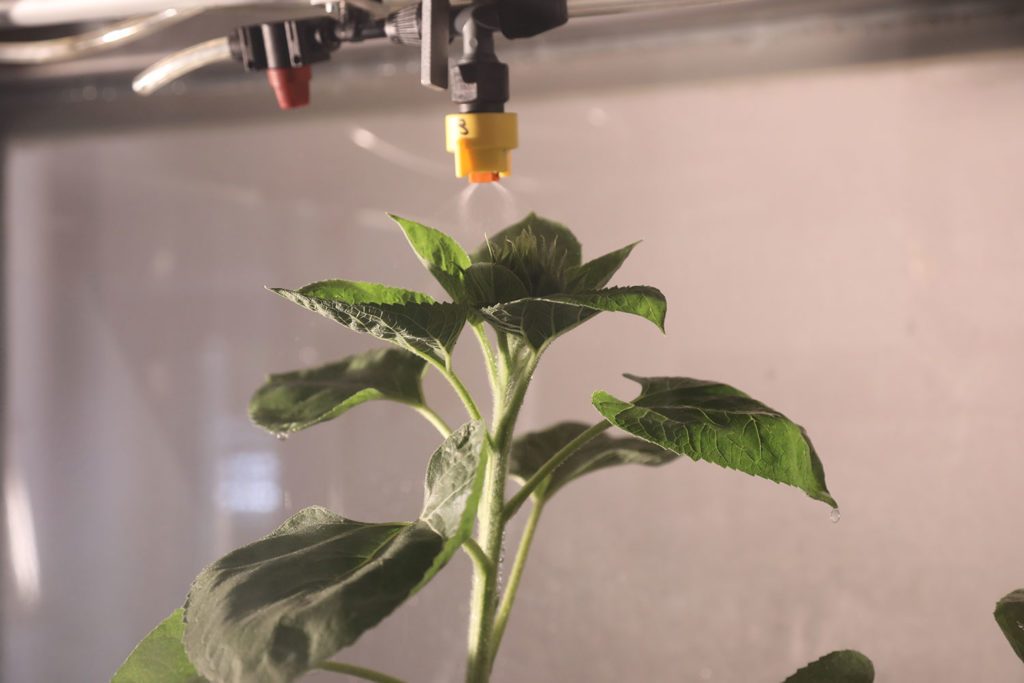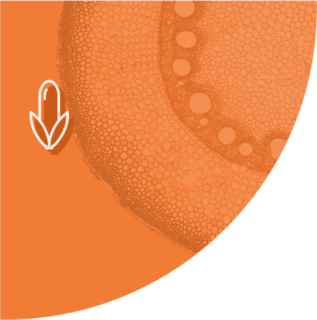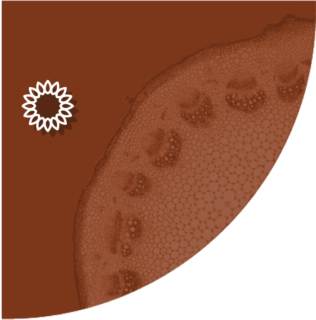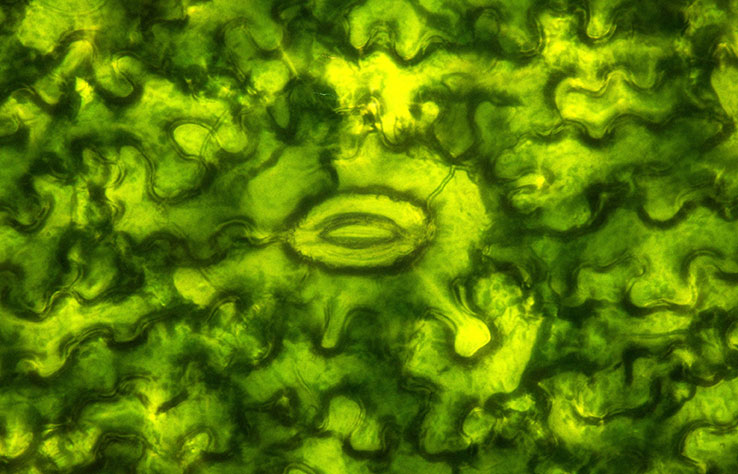When a discovery becomes an invention… and is transformed into an innovation
Nowadays, the term “disruptive innovation” is on everyone’s lips…and is misused almost as often as it is used. While “incremental innovation” is about improving an existing technique, disruptive innovation involves a real paradigm shift. It provides a solution to a problem that we didn’t necessarily think could be solved, or even to a situation not always identified as a problem! And innovations are rarely adopted quickly, since future users don’t necessarily see the benefits; hence the need for inventors to raise awareness about the innovation’s capabilities. New uses, new practices, new behaviors, new added value… a disruptive innovation is all of these things. Examples from the past? The invention of the automobile, the television or, more recently, the touch screen, digital photography or Netflix, which has completely revolutionized film production and distribution, and with it the whole value chain. These innovations break with previous modes of operation, opening up new potential.










